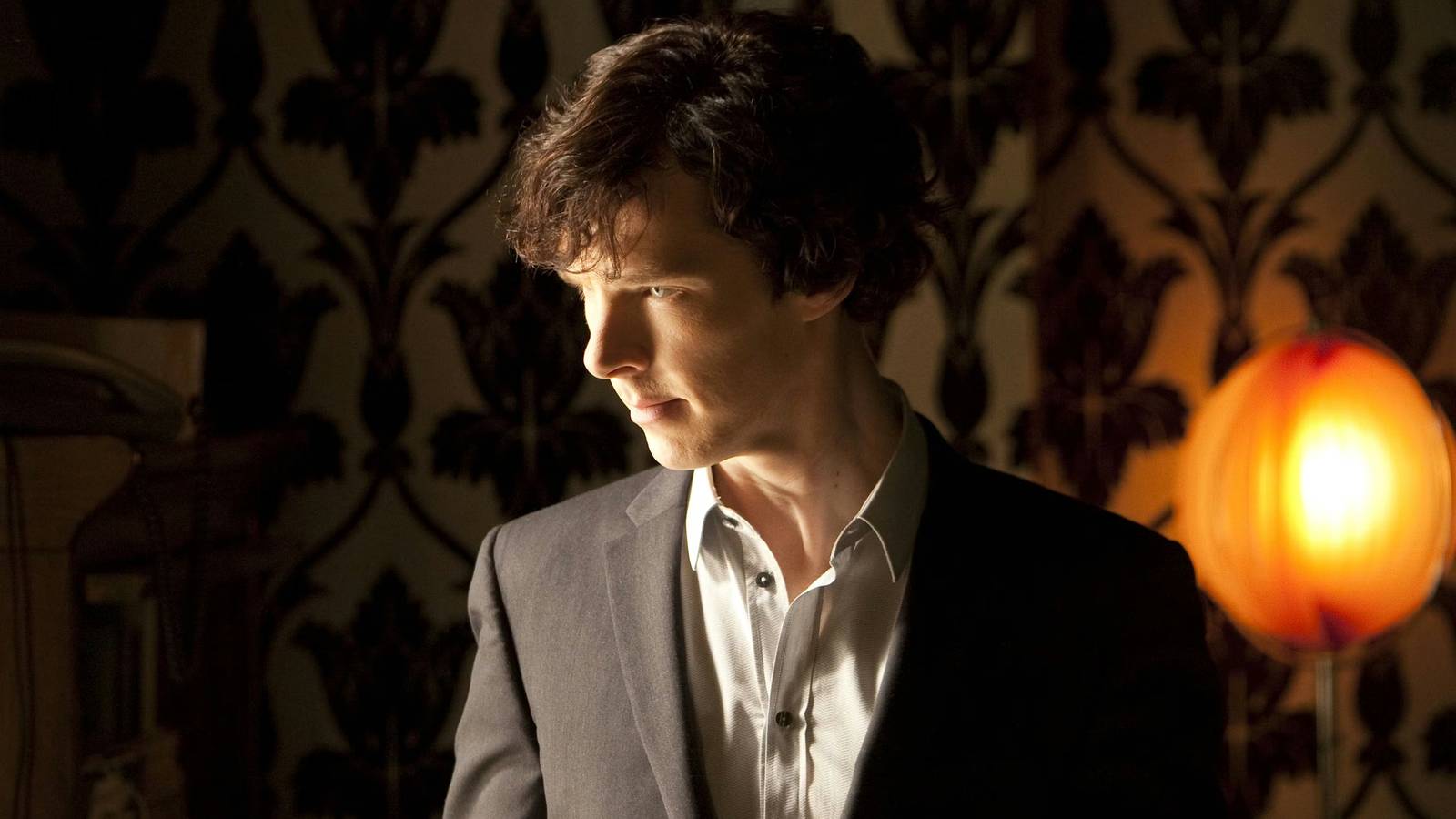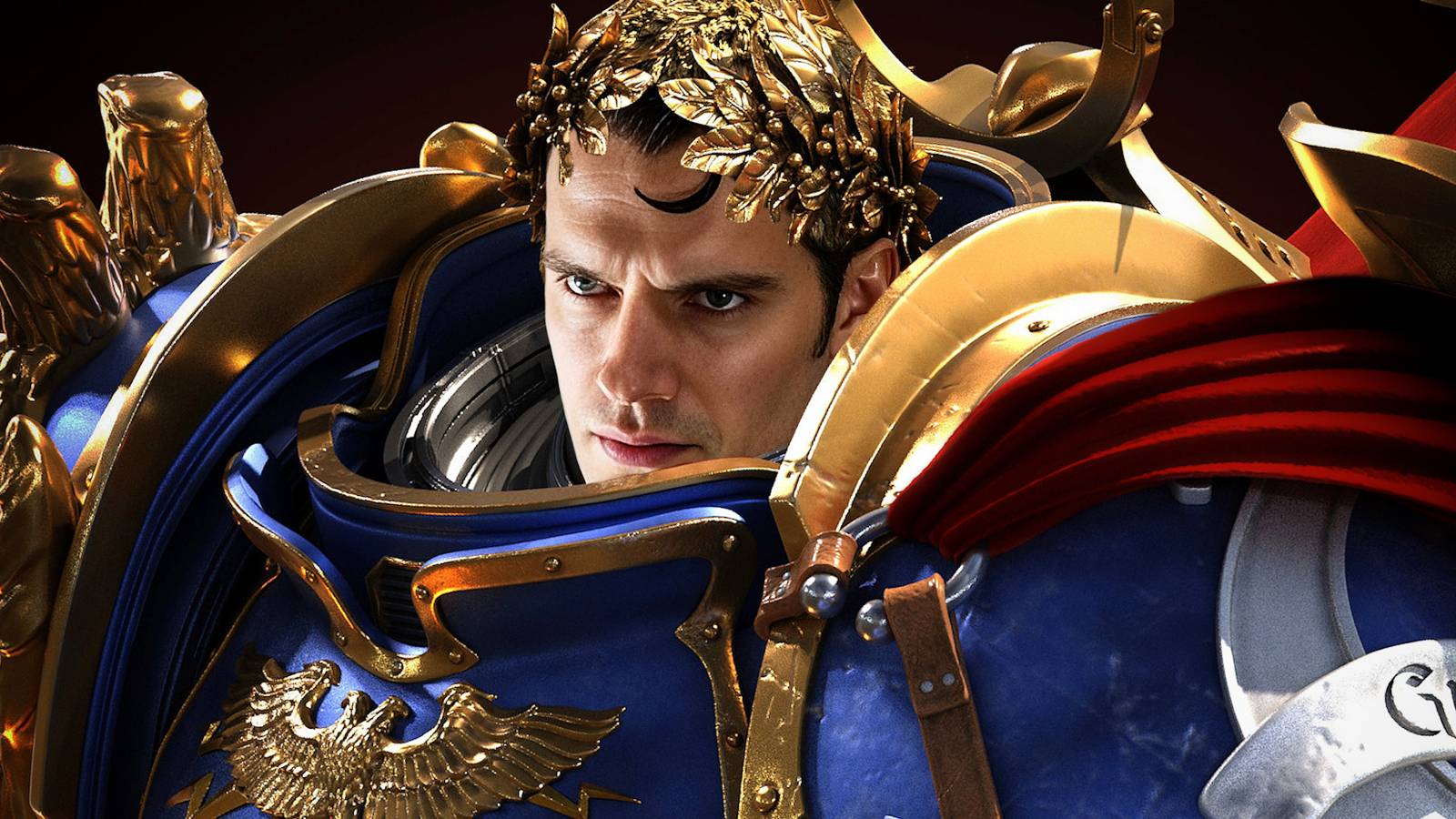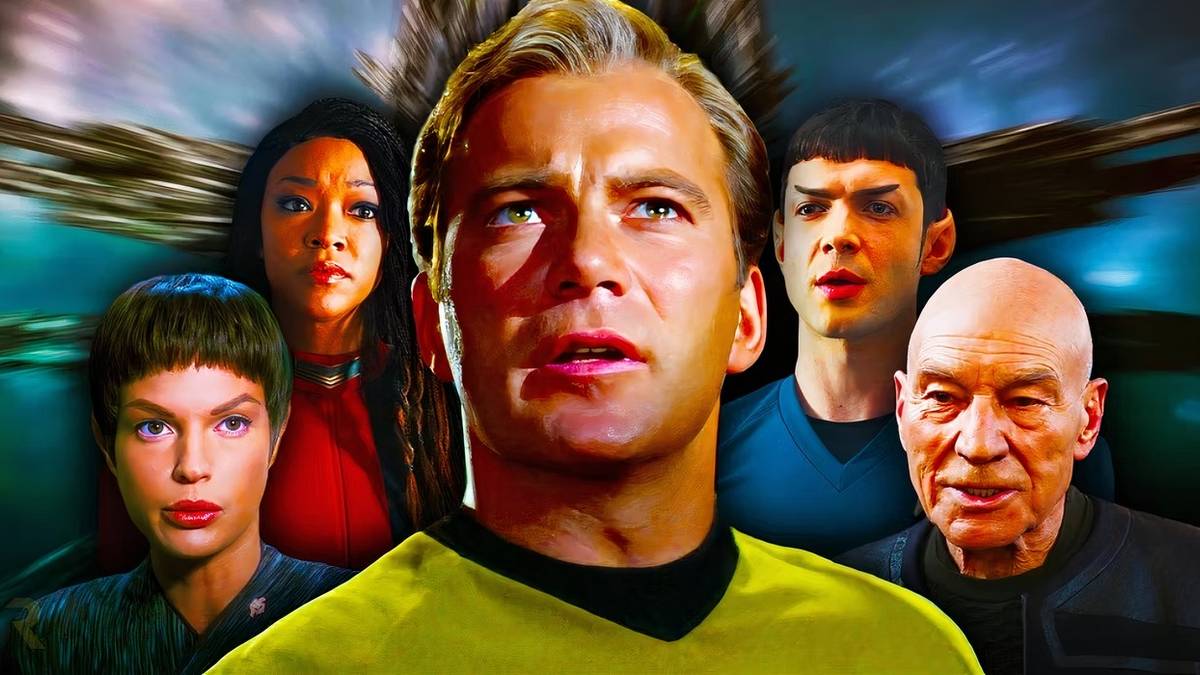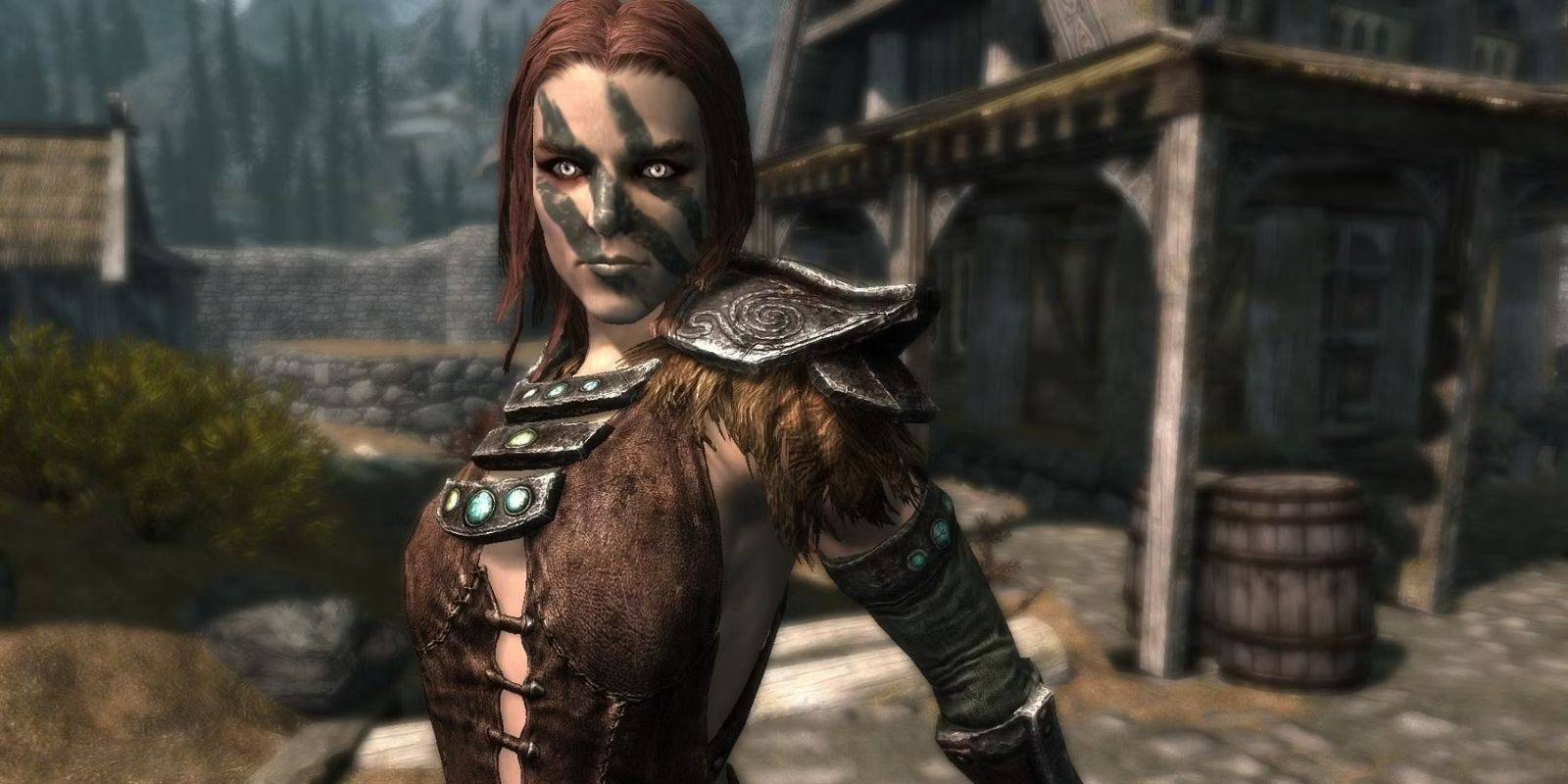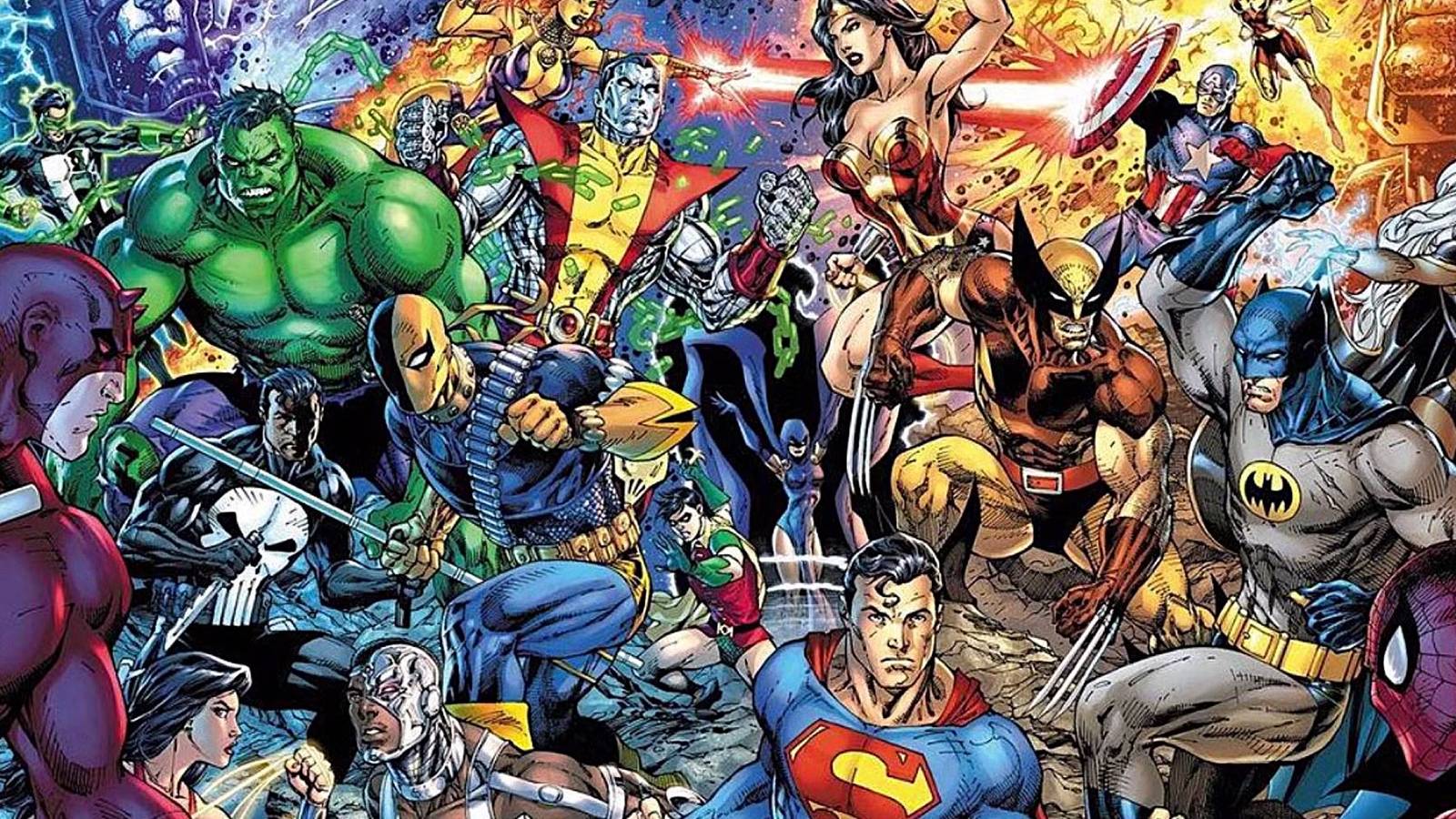The BBC’s Sherlock stands out as one of the most acclaimed modern adaptations of the legendary Sherlock Holmes. Created by Mark Gatiss and Steven Moffat, the series brilliantly transported the Great Detective and his world into contemporary London, skillfully blending iconic cases with modern technology and social issues. Thanks to Benedict Cumberbatch’s unforgettable portrayal of Holmes and Martin Freeman’s captivating Watson, the show enjoyed a phenomenal start.
However, despite its initial success and critical praise, the show experienced a notable decline beginning with its third season. The fourth and final season, in particular, left many fans disappointed and marked the series’ weakest chapter. Over time, several creative choices made during the third and fourth seasons felt like betrayals to the show’s loyal fanbase. Here, we explore the five key times Sherlock betrayed fans and how these moments impacted the series’ legacy.
Sherlock Killed Moriarty Too Soon
No adaptation of Sherlock Holmes would be complete without his infamous arch-nemesis, Moriarty. The character’s introduction was eagerly anticipated, with Andrew Scott’s electrifying performance as Moriarty becoming a standout element in the first two seasons.
Sherlock cleverly teased Moriarty’s presence in early episodes, revealing over time that he was behind many crimes Holmes and Watson pursued. Season 2 culminated in the gripping finale, “The Reichenbach Fall,” where Moriarty masterminded a plan to destroy Holmes’ reputation and force him into a deadly corner. Despite Holmes outwitting Moriarty’s scheme through a daring fake suicide, Moriarty’s on-screen life was cut short as he killed himself to trap Holmes.
![]()
This early demise of Moriarty left a void, as Sherlock never recovered a villain of the same caliber, and fans missed out on more of Andrew Scott’s brilliant, captivating performance. The absence of Moriarty’s menacing presence in later seasons contributed heavily to the show’s weakened narrative tension.
Sherlock Never Confirmed How Holmes Faked His Death
One of the most memorable and talked-about moments in Sherlock was Holmes’ apparent death at the end of season 2. However, this led to a huge fan expectation: the explanation of how Holmes actually faked his death. Unfortunately, the show notably failed to satisfy this curiosity.
The season 3 premiere, “The Empty Hearse,” brought Holmes back to life but deliberately avoided a clear, believable explanation of the trick. Instead, the episode featured a subplot where Anderson led a fan theory club, humorously presenting various speculative and far-fetched ideas—essentially mocking the audience’s desire for answers.

Though Holmes offered Anderson a vague story, its inconsistencies suggested it might be a fabrication in Anderson’s imagination rather than a genuine account. Throughout the remaining series, there was never a definitive reveal about Holmes’ method, leaving many viewers feeling cheated and disappointed by this significant unresolved mystery.
Sherlock Made Unnecessary Changes to Mary Morstan
The character of Mary Morstan, played by Amanda Abbington, was introduced in a surprising twist during “The Empty Hearse,” when Watson was revealed to be engaged to Mary. While introducing Mary was expected, Sherlock’s decision to radically change her character’s backstory alienated many fans.
Rather than staying true to her original depiction, the show reimagined Mary as a former spy with a complex and dark past, which deeply affected her relationship with Watson. Her mysterious and secretive nature culminated in her untimely death in season 4, but the series failed to meaningfully develop her character or make the audience emotionally invested.
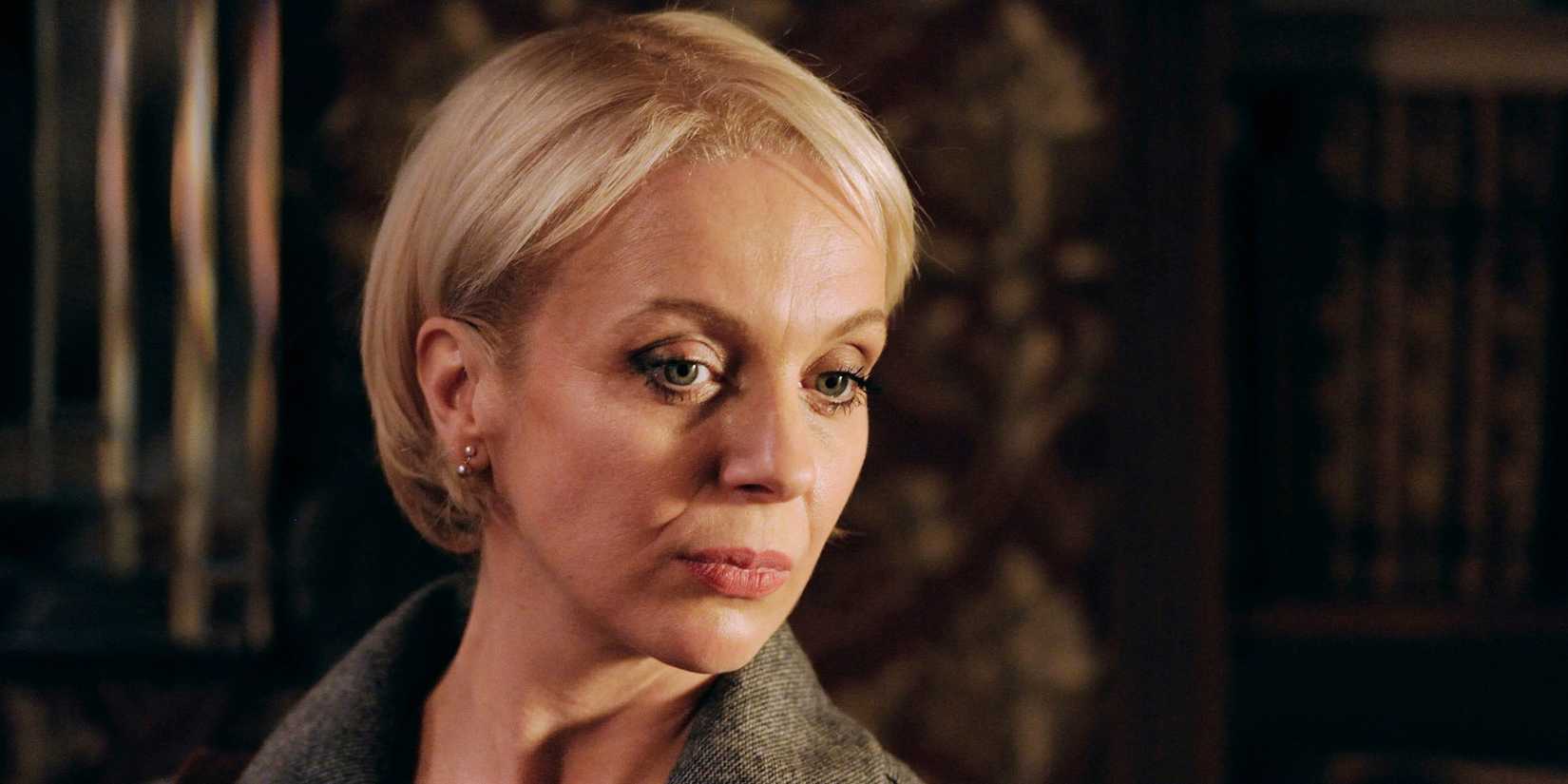
This unnecessary transformation of Mary Morstan disappointed fans who hoped for a more faithful and compelling portrayal.
Sherlock Introduced a Third Holmes Sibling
Perhaps one of the most controversial plot twists came in the final season with the sudden introduction of Eurus Holmes, a previously unknown third sibling. Played by Sian Brooke, Eurus was revealed as a criminal mastermind who had been a dangerous presence since childhood, an angle never hinted at or foreshadowed before.
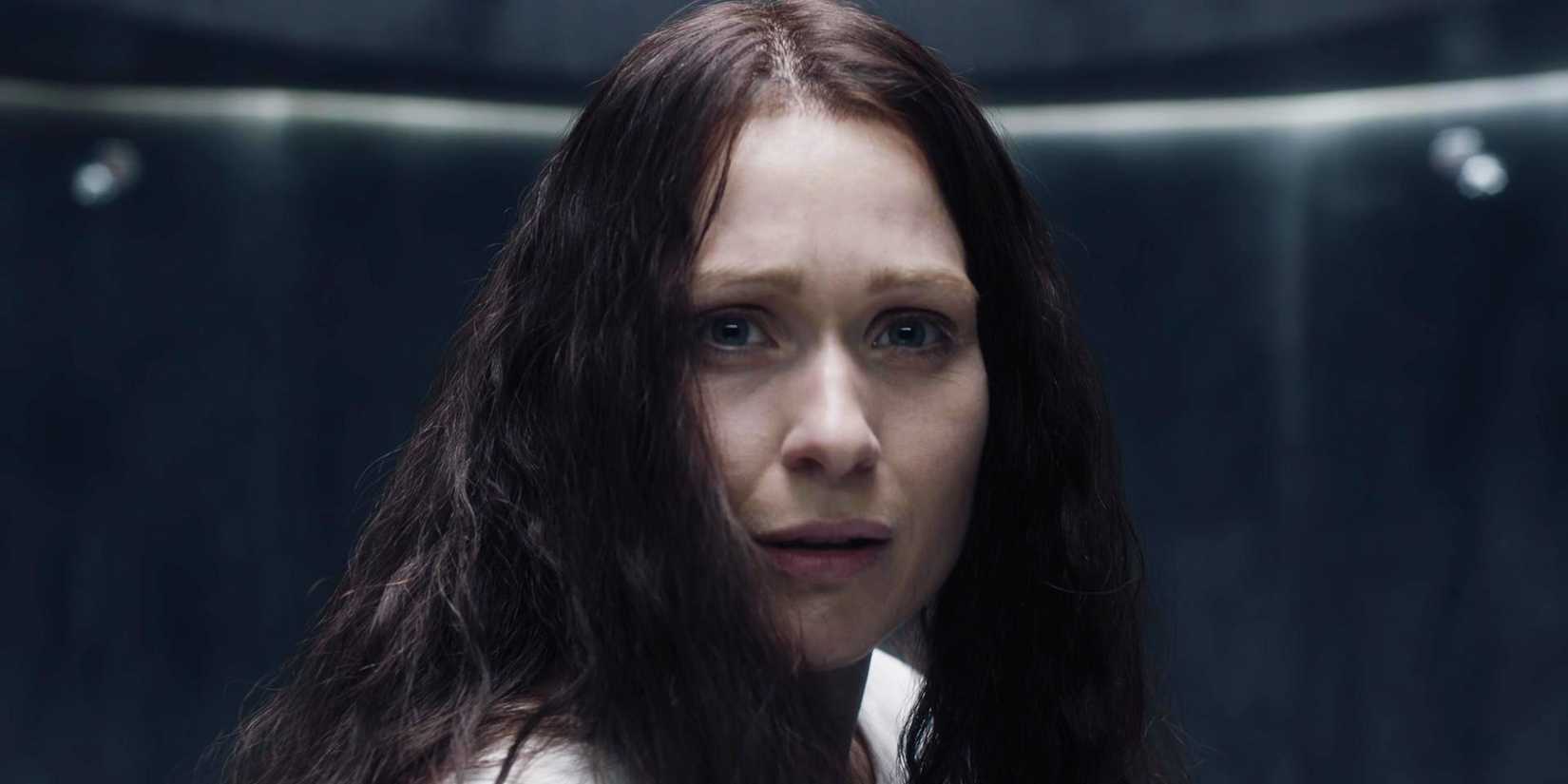
This revelation felt forced and illogical for many fans, undermining the established Holmes family dynamics and introducing a convoluted and often unbelievable storyline. Eurus’ complex and grandiose schemes created significant plot holes and were met with mixed reactions, with viewers questioning why such a major character had never been mentioned earlier in the series.
Sherlock Had an Underwhelming & Messy Ending
All of these disappointments could potentially have been forgiven if Sherlock had delivered a satisfying conclusion. However, the series finale failed to provide a fitting send-off for such a beloved show.
The final episode focused heavily on Eurus’s elaborate plan, including flashbacks into the Holmes siblings’ backstory. Unfortunately, these sequences only magnified the plot inconsistencies and forced nature of Eurus’s presence. Additional elements, such as the inclusion of recorded messages from Mary, felt cheesy and detracted from the emotional impact.
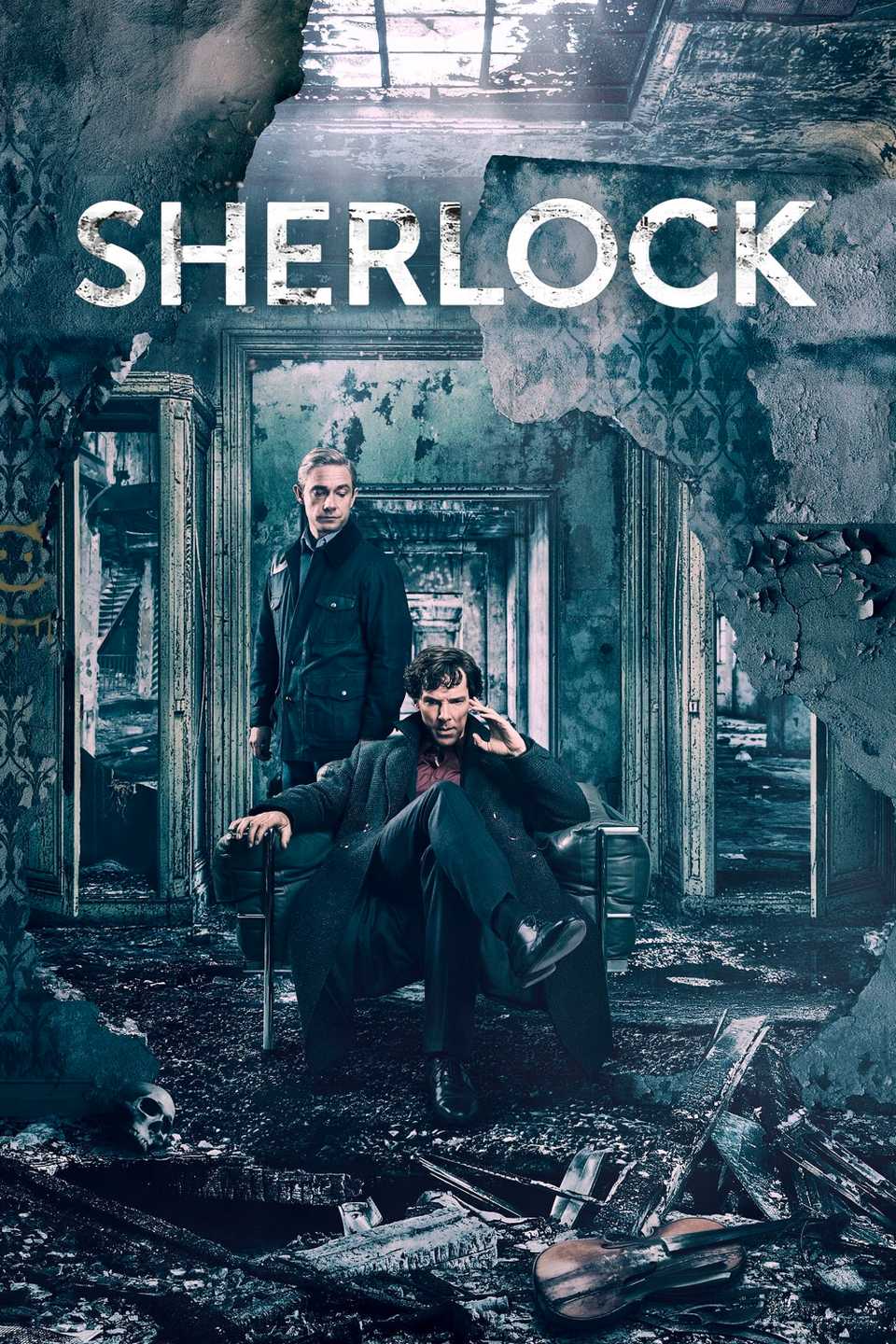
Ultimately, the series closed with a quick montage showing Holmes and Watson returning to 221B Baker Street, ready to take on new cases—a resolution fans had long awaited but got only fleetingly. With no confirmed season 5 in sight, the show’s ending stands as one of the most disappointing finales in recent TV memory.
Conclusion
While the BBC’s Sherlock delivered outstanding performances and innovative storytelling in its early seasons, it undeniably betrayed the trust of many fans through key creative missteps. From killing Moriarty too soon and avoiding clear explanations about Holmes’ faked death to unnecessary changes in beloved characters and a confusing finale, these moments have left a lasting impact on the show’s reputation. Despite these flaws, the series remains an iconic adaptation of Sherlock Holmes, but it also serves as a cautionary tale about managing fan expectations and story consistency in beloved franchises. Share your thoughts in the comments and explore more at keeperfacts.com.

